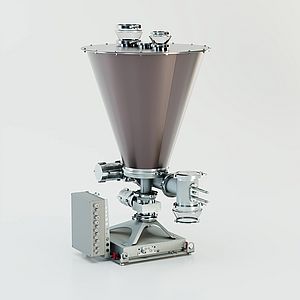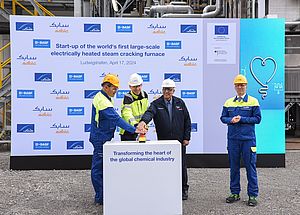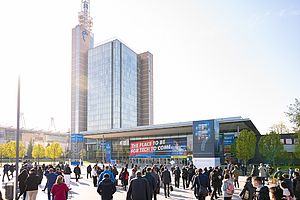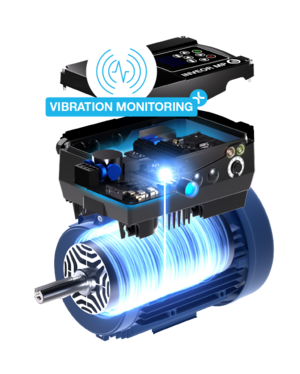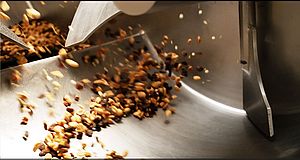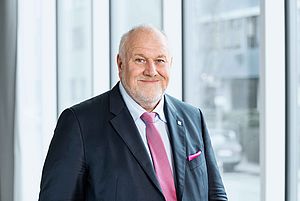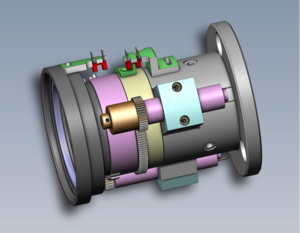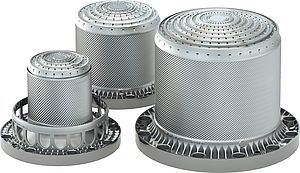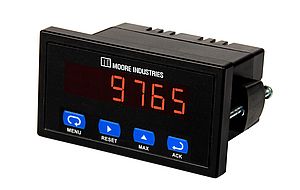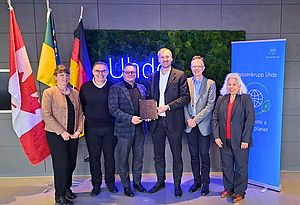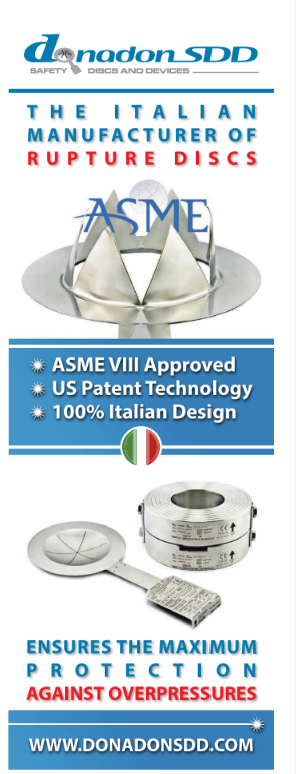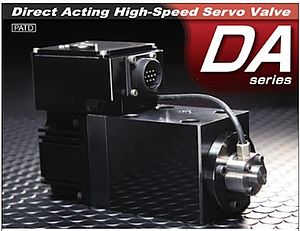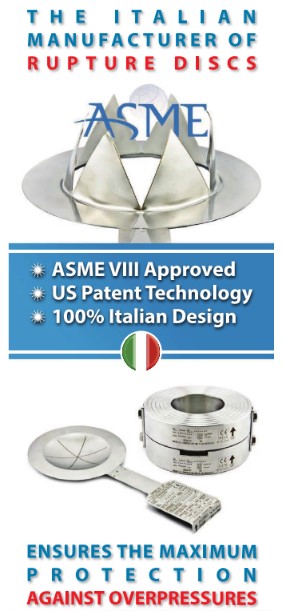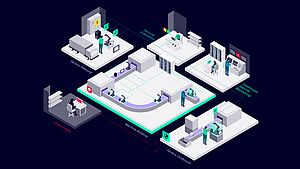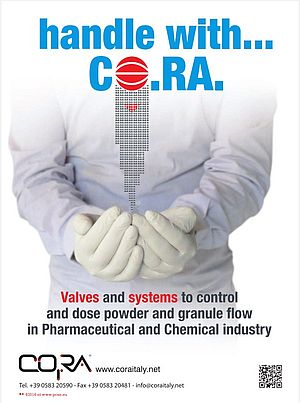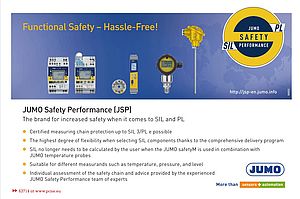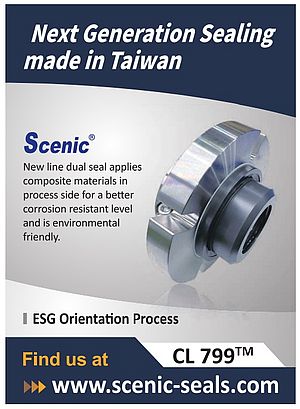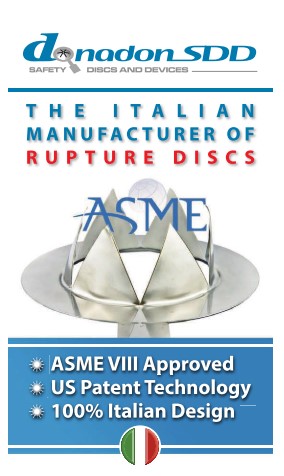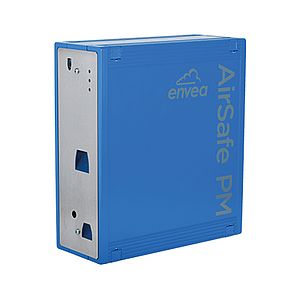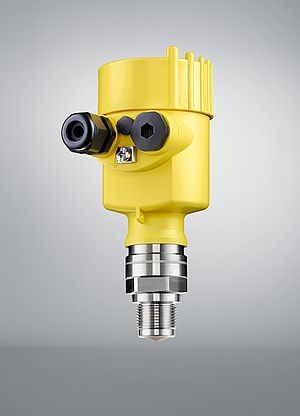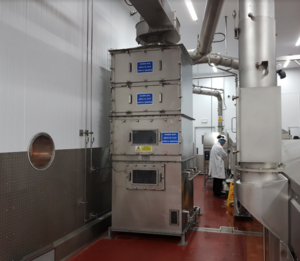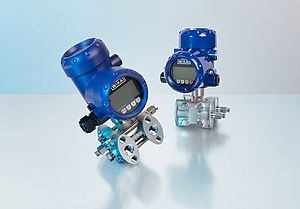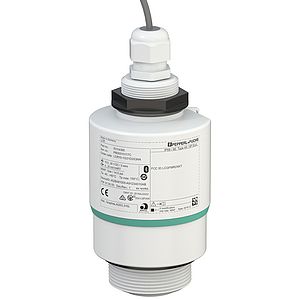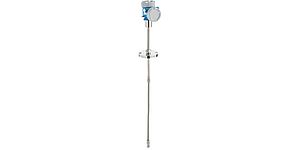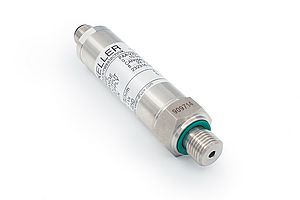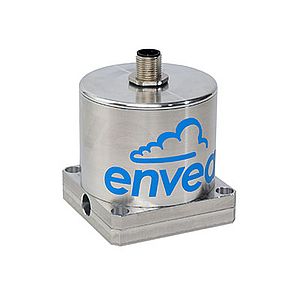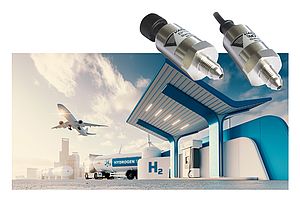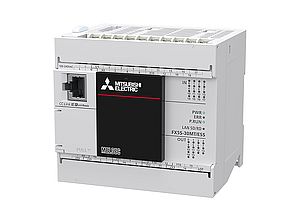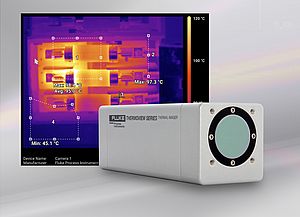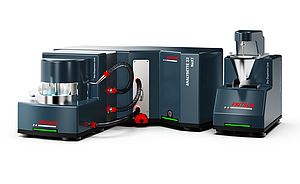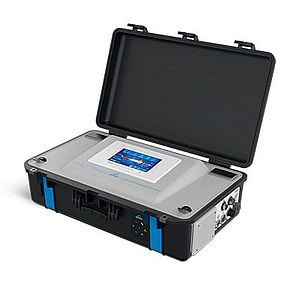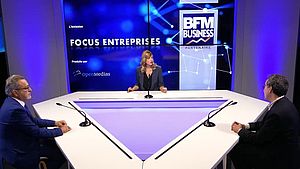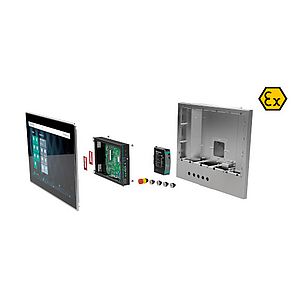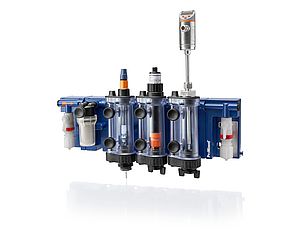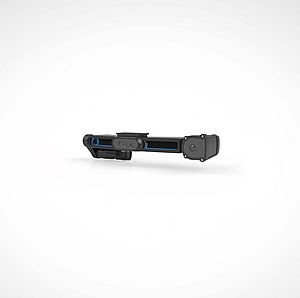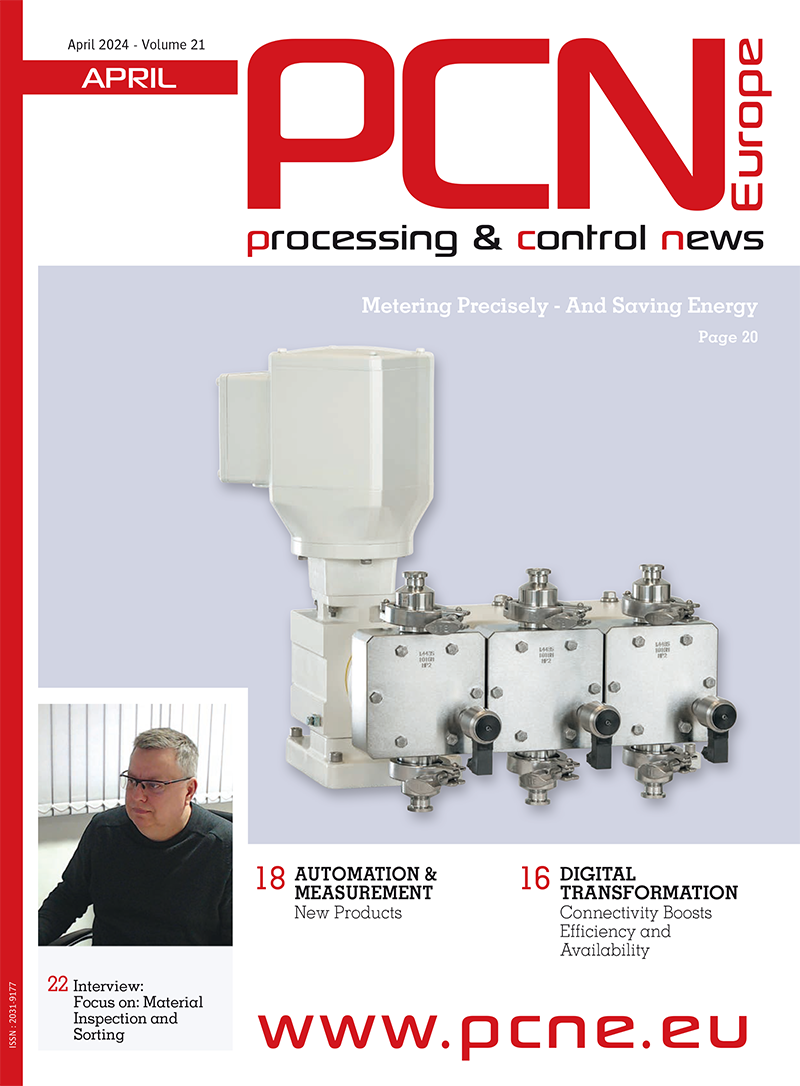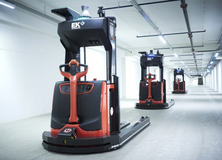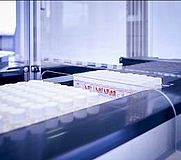Messe München talked to Barbara Leyendecker, Spokeswoman for the Section on Air-Pollution Control Technology and Guntram Preuß, Industry Expert from the Air-Handling Technology Association, affiliated in the VDMA, German Engineering Federation, Frankfurt.
Messe München International (MMI): Mr Preuß, what kind of companies are involved in the air-pollution control technology sector in Germany?
Guntram Preuß: The suppliers of air-pollution control technology for industrial processes are primarily involved in downstream environmental protection, i.e. technology that is used in cases where integrated environmental protection measures are not achieving the desired result. Also gaining ground are applications in the field of separation techniques within processes, for example for recovering materials. In addition to the manufacturers of series products, many companies specialise in specific customer segments and on the separation of individual harmful substances. Added to this are system constructors who supply turnkey solutions for air-pollution control – from development through manufacture to commissioning and maintenance. In total in Germany there are currently over 150 such companies, mainly small and medium-sized, together employing an estimated 9,000 people. The largest customer segments are power stations, waste incineration plants and the metal, chemicals and food industries.
MMI: What effects has the economic crisis had on turnover in the sector?
Preuß: Following the previous years, which had been very successful, companies last year suffered around a 20-percent drop in sales to approximately 1.7 billion euros. For 2010 we are expecting another slight downturn. Many system constructors have not felt the effects of the crisis until this year – in 2009 they were still busy, because projects in this area have long time frames. But they are seeing a fall in new orders. So now there is some free capacity.
MMI: Where, in your view, are the opportunities for filling this gap?
Preuß: In the very important sales market of Europe, we can only expect a rather below-average trend, but in terms of the market in East and Southeast Asia, in particular, German suppliers of air-pollution control technology are expecting growing demand. Rising demand is also predicted from North America and Latin America. Here the sector is seeing an improvement in the climate for investment, for example in the automotive industry, in systems engineering and in sectors related closely to raw materials. For a real upturn in the market, however, we need to see the existing international regulations on air-pollution control being adhered to, and the European standards being adopted in other countries. As well as these opportunities we have to keep an eye on the continued risks. As a result business will initially become more short term. In addition, as economic activity picks up, we will see rising raw materials costs.
MMI: Mrs Leyendecker, what general technological trends are you seeing in air-pollution control?
Barbara Leyendecker: Against a background of rising energy prices and the debate about climate protection, demand is rising ever more for energy-efficient products. Promising developments here, for example, are new methods for heat recovery, adapted control techniques, demand-oriented filter cleaning and energy-efficient fans. Other responses to the demand situation are modularised and standardised products with elements that can be combined as needed to suit the individual requirements of the customer. As well as this customers are increasingly keen to see suppliers stick rigidly to deadlines and to manage complexity.
MMI: What significance does the environmental trade fair IFAT ENTSORGA have for your member companies and for the sector in general?
Leyendecker: The companies involved in air-pollution control who are members of the VDMA are technology leaders worldwide. As around 60 percent of their sales are for export, they are effectively transferring German environmental standards – designed to meet strict legal requirements – to other countries. As such they are playing an important part in realising environmental and climate goals. By taking part in IFAT ENTSORGA, they are benefiting from the international reach of this event and the exhibition centre. Above all the companies are hoping for contacts with foreign trade visitors, in particular from the up-and-coming economic regions. Another thing that attracts these companies is the fact that all the key players in environmental protection as regards air, water and waste are here at the event. The exhibitors of air-pollution control technology hope for valuable synergy effects to come from this constellation. Following the downturn seen since around the middle of 2009, the sector is now glimpsing a few signs of recovery and hoping that IFAT ENTSORGA will deliver the necessary impetus for an upswing. Overall, in the area of environmental protection technology, the companies are seeing good prospects for growth in the medium term and hoping for a successful event in September in Munich.
IFAT ENTSORGA 2010 takes place between 13 – 17 September at the New Munich Trade Fair Centre.
Air-pollution control at IFAT ENTSORGA 2010
– Optimised products to combat the downturn
- June 23, 2010
- 2058 views



